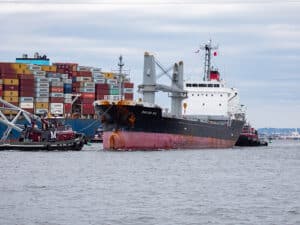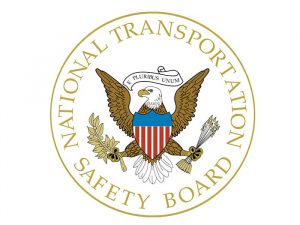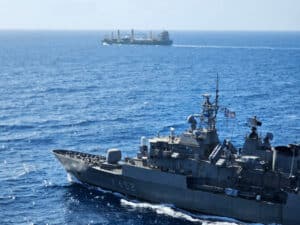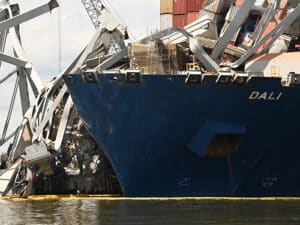
VIDEO: Study questions Panama Canal maneuvering safety
Written by Nick Blenkey
APRIL 28, 2016 — The ITF (International Transport Workers’ Federation) says that a safety study into the Panama Canal expansion raises pressing concerns about the canal’s new locks.
The ITF commissioned the study, which was carried out by Brazil’s Fundação Homem de Mar (FHM), in response to safety concerns raised by its Panamanian member unions.
FHM was tasked with preparing a mathematical model, using a Class A maneuvering simulator, to recreate the new locks, a neopanamax vessel and the tugboats that would assist its maneuvers.
The ITF says that the concerns raised by the unions centered on the Panama Canal Administration’s refusal to engage in dialogue on matters such as training, as well as the technical and construction issues that have led to delays in the operation of the new infrastructure.
ITF says that the study’s simulation exercises, using a neo-Panamax model vessel and two tugboats, indicateded that the safety of maneuverability is compromised due to several factors:
- The locks’ dimensions are too small for safe operation (with both gates closed);
- There are no refuge areas for the tugboats inside the locks, leaving no room for failure (human error, miscommunication, broken lines or engine failure);
- The bollard pull is insufficient;
According to ITF, in terms of maneuverability in the locks, the control of the vessel was compromised under the average environmental conditions present in that geographic area (data provided by the contracting party). The main reasons were the low power of the tugboats and the required bollard pull. With milder conditions the exercise was concluded safely.
The study recommends that a complete risk analysis and special training should be carried out to avoid any accidents that may result in loss of life or pollution.
The ITF say that, like its Panamanian member unions, it has previously offered to work with the Panama Canal Authority (PCA) to ensure that the safety concerns of those who will work on the new infrastructure are addressed, and is making the study available to the PCA.
“I wish I could report that the study gave the new locks the all clear. Sadly, I can’t,” said ITF general secretary Steve Cotton. “Instead we face a situation where those working on the canal, and those passing through it, are potentially at risk. That will have to change.”
“The study was based on the PCA’s original plan to use one forward tug and one aft tug,” he noted. “We understand that compensatory alternatives are being examined, which we welcome.”
Mr. Cotton said that the ITF and its canal affiliates want the new canal to be safe and to work.
“The Panama Canal is crucial for the international maritime industry. We offer our full support to make this important maritime route safe for all those who transit it or work on it, and for a positive engagement between unions and the PCA,” he said. “We believe that this is an issue where there is common ground with shipowners, insurers and others in the maritime industry, so we will seek to engage them in the discussions and strategies for improvement in this crucial area and may also consider updating the simulation to cover new maneuvering alternatives in cooperation with the PCA, as well as other shipping industry representatives .”
Download the study HERE
nd projects.





Leave a Reply
You must be logged in to post a comment.